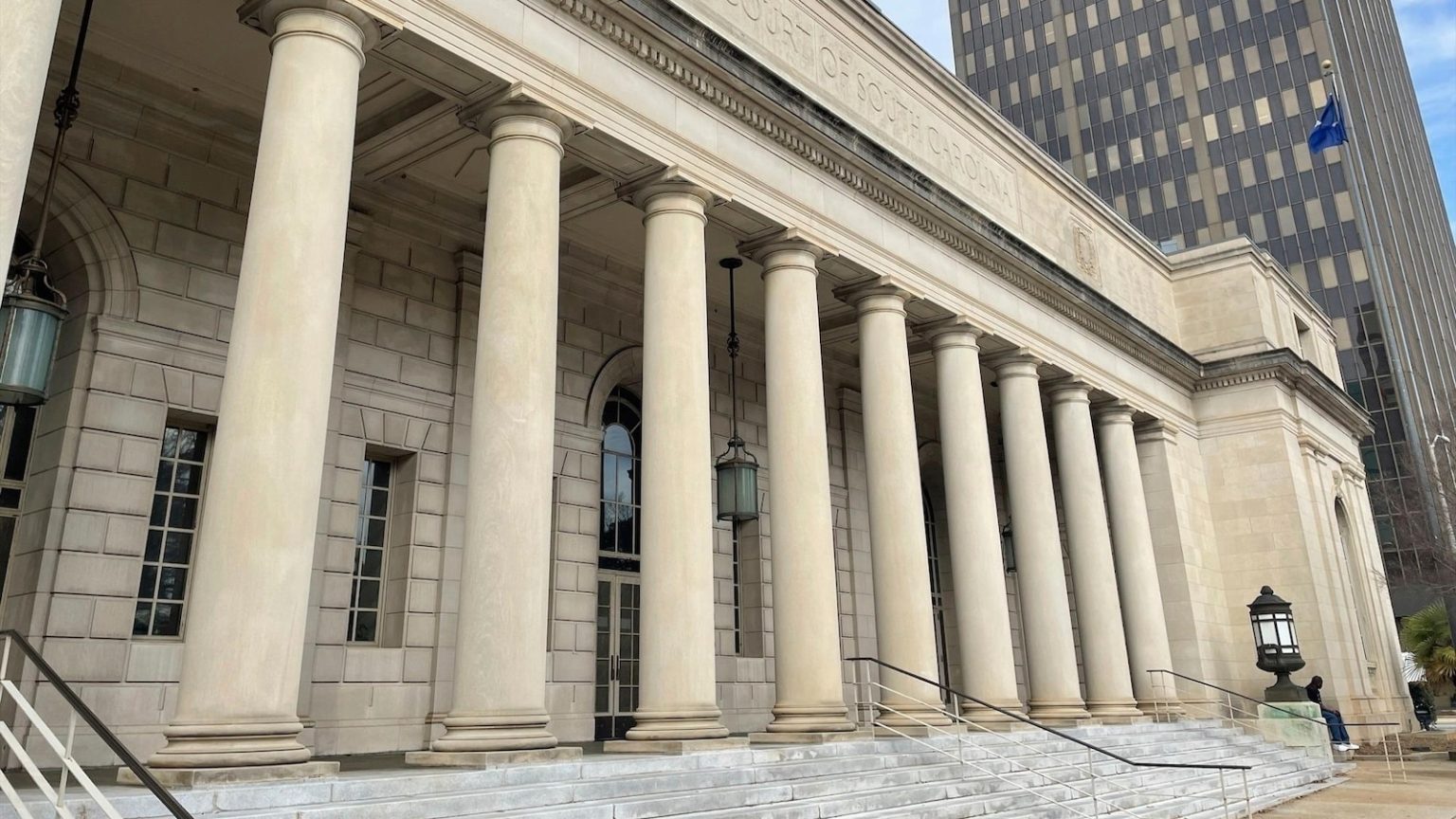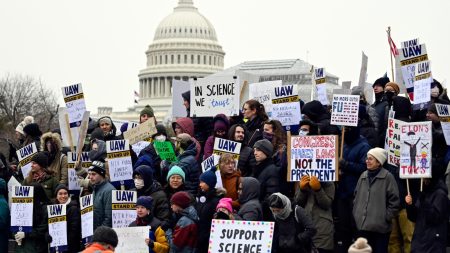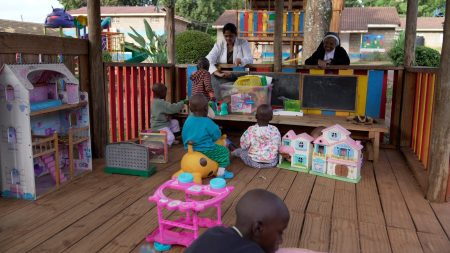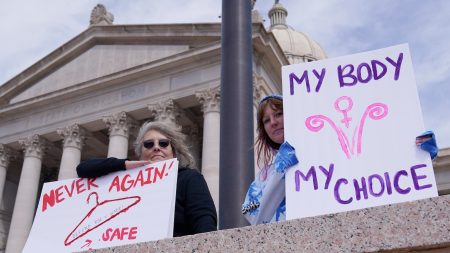The Legal Battle Over South Carolina’s Heartbeat Abortion Ban
The state of South Carolina is at the center of a heated legal debate over the interpretation and enforcement of its 2023 "heartbeat abortion ban." This law, which prohibits abortions after the detection of cardiac activity in a fetus, has been a focal point of contention between abortion rights advocates and state lawmakers. On Wednesday, lawyers representing the state and Planned Parenthood will appear before the South Carolina Supreme Court to argue the specifics of the ban, particularly when it should take effect. The case hinges on the definition of "cardiac activity" and whether it begins at six weeks into pregnancy, as the law suggests, or closer to nine or ten weeks, as medical experts and abortion rights groups argue.
The Law’s Ambiguity and Medical Expertise
The 2023 law defines cardiac activity as "the steady and repetitive rhythmic contraction of the fetal heart within the gestational sac," which South Carolina and other states interpret as occurring around six weeks into pregnancy. However, Planned Parenthood and other abortion rights organizations contend that the law’s phrasing leaves room for interpretation. They argue that the formation of a fetal heart and the presence of a detectable heartbeat do not occur until approximately nine or ten weeks after conception. This discrepancy has sparked a legal challenge, with both sides presenting medical evidence to support their claims. The state maintains that the Legislature’s intent was clear: to ban abortions once cardiac activity is detected, which they believe happens at six weeks. However, medical experts and abortion rights advocates insist that the law’s language is ambiguous and that the "heartbeat" referred to in the law cannot exist until the fetus has developed a heart, a process that takes longer than six weeks.
The Broader Implications of the Court’s Decision
The South Carolina Supreme Court’s ruling on this case could have far-reaching implications, not only for the state but also for the national conversation on abortion rights. In 2021, the court overturned a similar ban, but the Legislature revised the law and passed it again in 2023. The current case represents a critical moment in the ongoing struggle over reproductive rights in South Carolina and beyond. The court’s decision will determine whether the ban remains in place at six weeks or is delayed until later in pregnancy, effectively expanding access to abortion for thousands of women in the state. The justices are expected to take several months to deliberate, during which time the six-week ban will likely remain in effect, as a lower court has already upheld it.
Personal Stories and the Human Impact
The legal battle over South Carolina’s abortion ban is not just about statutes and medical definitions; it is also about the personal stories of women whose lives are directly affected by the law. One such story belongs to Taylor Shelton, a South Carolina resident who found herself at the center of the controversy. Shelton sought medical attention for pain related to her intrauterine device (IUD) and was surprised to discover she was pregnant, just two days after missing her period. Due to the uncertainty surrounding the definition of a fetal heartbeat in South Carolina, Shelton was forced to travel to North Carolina to obtain an abortion. Her experience highlights the emotional and logistical challenges faced by women in states with restrictive abortion laws. Shelton’s case also underscores the importance of clear legal definitions in ensuring that women have access to the healthcare they need.
The Shifting Political Landscape
The debate over South Carolina’s heartbeat abortion ban is part of a larger national trend. Since the U.S. Supreme Court overturned Roe v. Wade in 2022, states have been divided on the issue of abortion. Thirteen states have enacted complete bans on abortion at all stages of pregnancy, with limited exceptions, while Democrat-controlled states have taken steps to protect and expand access to abortion. South Carolina, along with three other states, has implemented a ban that takes effect at or around six weeks of pregnancy—a point at which many women may not yet know they are pregnant. This "six-week ban" has become a focal point for both abortion rights advocates and anti-abortion lawmakers, who argue that it is a necessary step to protect the rights of the unborn. However, opponents of the ban argue that it disproportionately affects low-income women and those with limited access to healthcare.
The Future of Abortion Rights in South Carolina
As the South Carolina Supreme Court prepares to hear arguments in this case, the stakes could not be higher. The justices’ decision will not only shape the future of abortion access in the state but also serve as a bellwether for similar legal battles across the country. While some Republican lawmakers in South Carolina have pushed for an outright abortion ban, the Legislature has yet to act on such a measure. For now, the focus remains on the interpretation of the 2023 law and whether the six-week ban will stand. The court’s ruling will have a profound impact on the lives of women in South Carolina and will likely influence the broader national conversation on reproductive rights. As the legal drama unfolds, the voices of women like Taylor Shelton serve as a reminder of the human dimension of this complex and deeply divisive issue.















